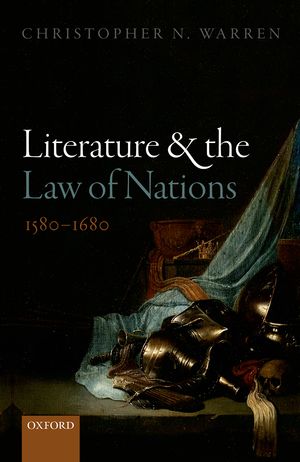
Literature and the Law of Nations, 1580-1680 is a literary history of international law in the age of Shakespeare, Milton, Grotius, and Hobbes. Seeking to revise the ways scholars understand early modern English literature in relation to the history of international law, it argues that scholars of law and literature have tacitly accepted specious but politically consequential assumptions about whether international law is "real" law.
Literature and the Law of Nations shows how major writers of the English Renaissance deployed genres like epic, tragedy, comedy, tragicomedy, and history to solidify the canonical subjects and objects of modern international law. By demonstrating how Renaissance literary genres informed modern categories like public international law, private international law, international legal personality, and human rights, the book over its seven chapters and conclusion helps early modern literary scholars think anew about the legal entailments of genre and scholars in law and literature long accustomed to treating all law with a single broad brush better confront the distinct complexities, fault lines, and variegated histories at the heart of international law.